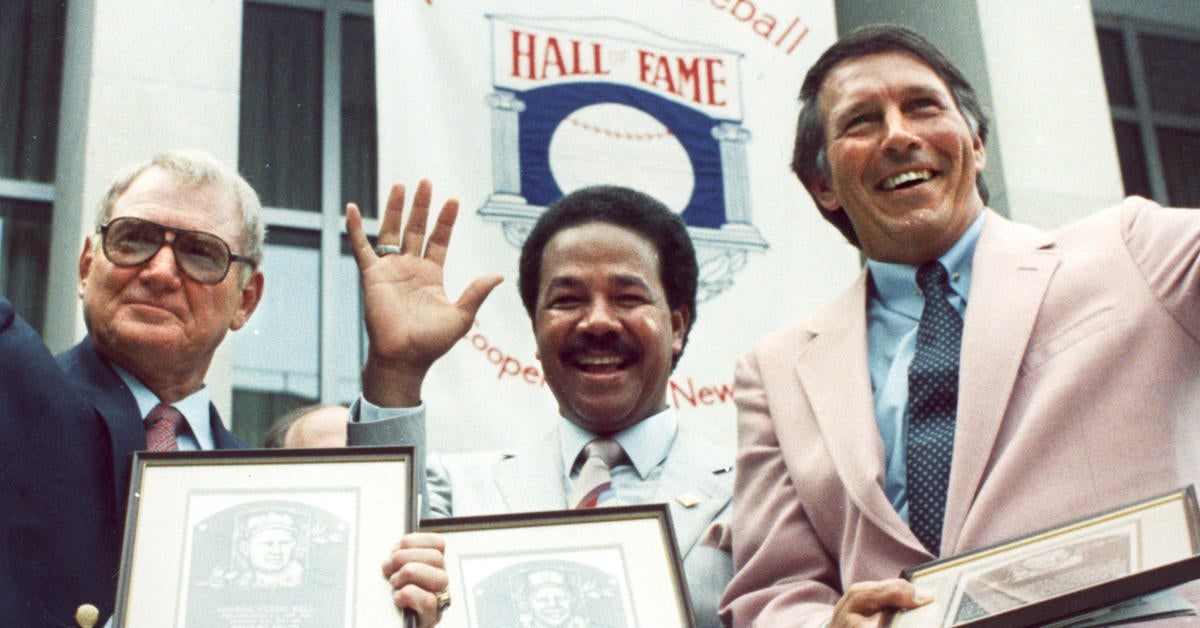It's one of my favorite stories, and movies, too.
On this day in 1917, Father Edward J. Flanagan, a 31-year-old Irish priest, opened the doors to what we would later call "Boys Town".
Years later, the story was made into a movie. What a great movie it was!
P.S. You can listen to my show (Canto Talk). If you like our posts, click send drop a dime here.

